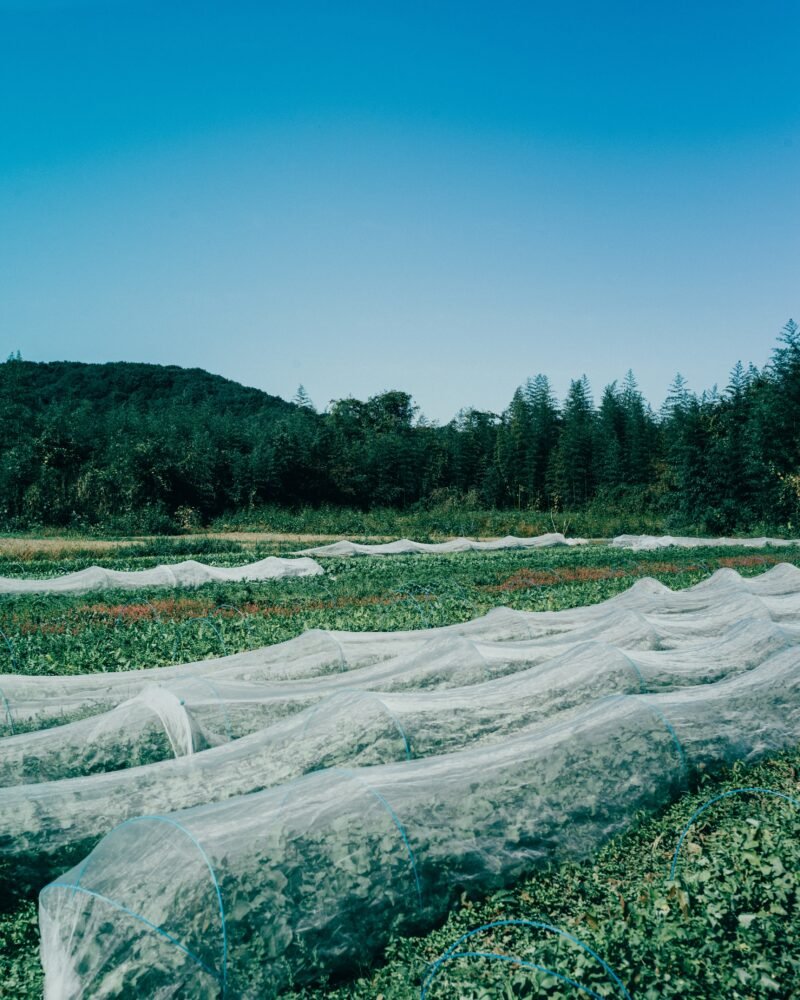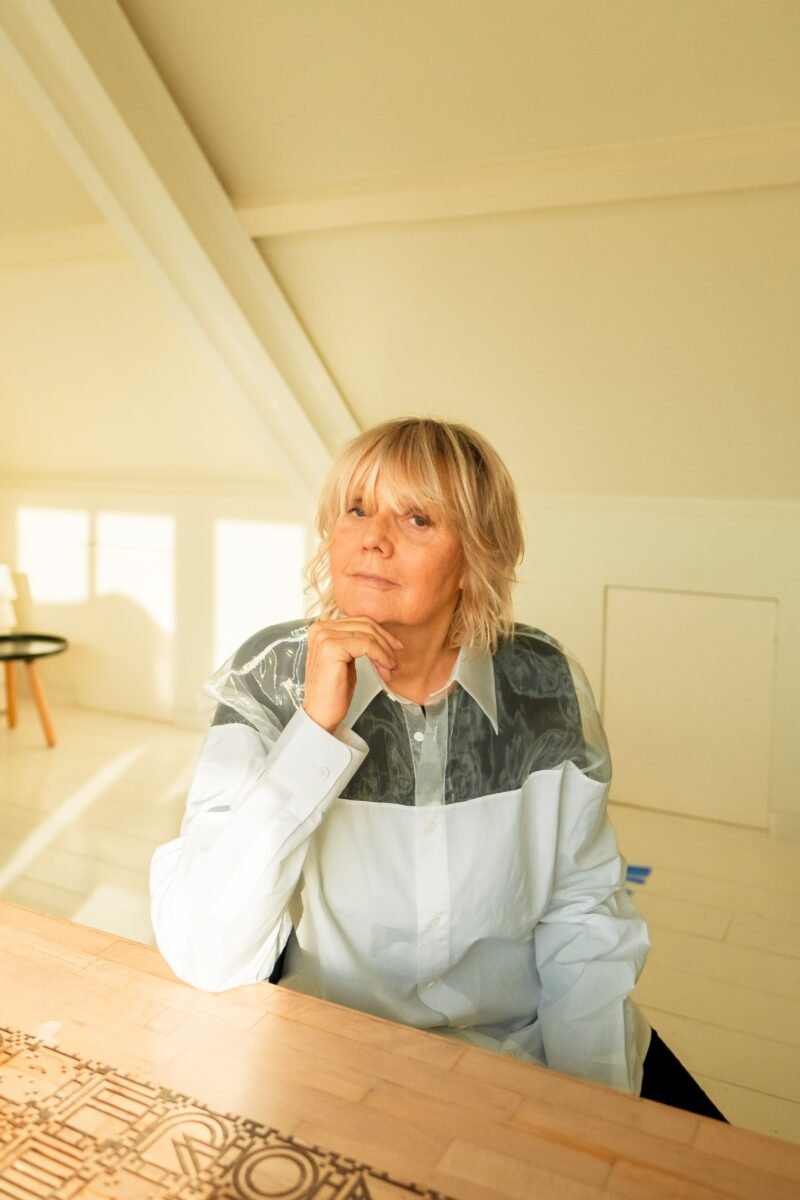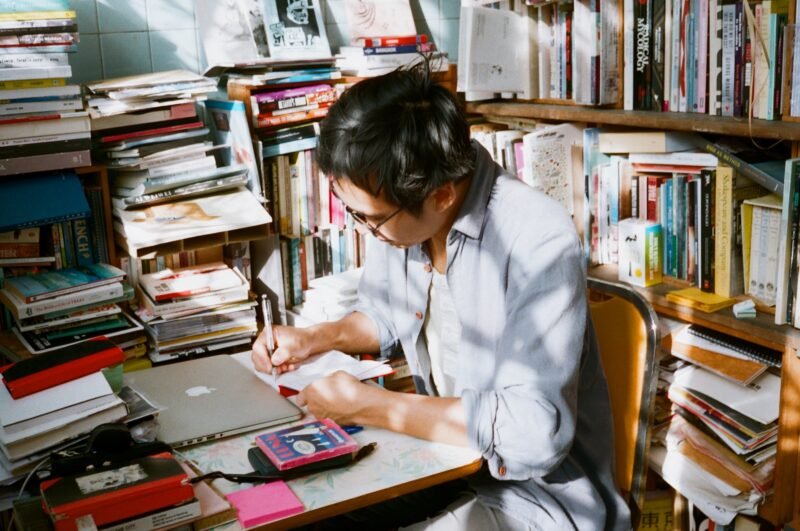Taipei’s Circular Transition Starts at Little White House
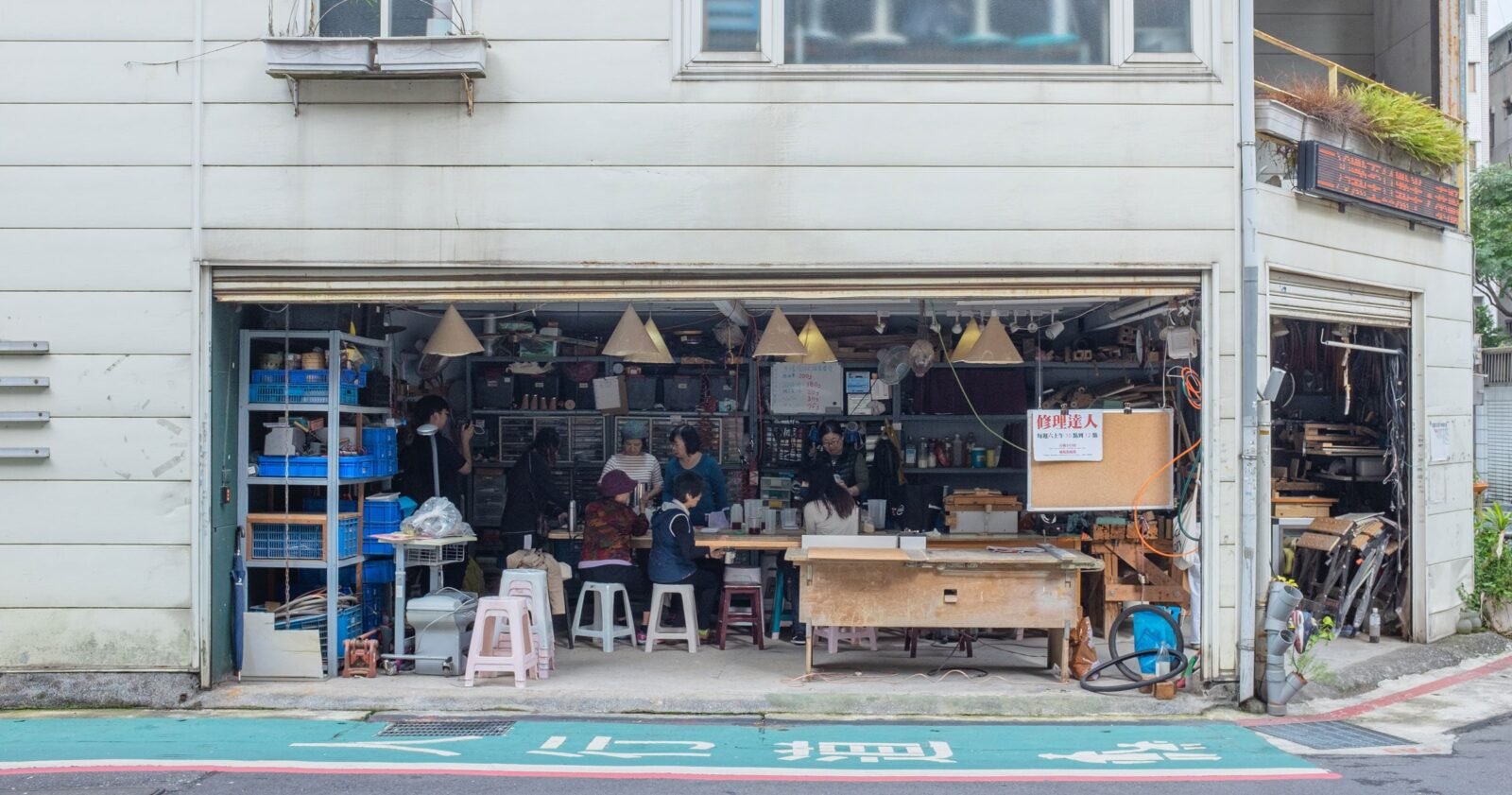
Little White House is a neighbourhood repair space nestled in a corner of a residential neighbourhood in Taipei. Named after its appearance, the space is run and led by community members and volunteers. From electric saws and machineries to materials and individual parts, Little White House offers various tools that visitors use to repair, reuse, and upcycle. Youth and seniors alike gather to share tools, life stories, and the collective experience of repairing.
Our friend Aining Ouyang first introduced us to this small, innovative space. She is currently the COO of REnato Lab, a leading circular design and consulting firm based in Taipei. They consult companies and public institutions to redesign their operations for circularity. Aining reflects on why she is drawn to this community repair space, and what Little White House means for Taiwan’s transition to circularity.
A Piece of Calm in Taipei’s Bustling Streets
I’ve known Little White House for 7 years now, and have visited it during different periods of my life. In 2016, about 4 years ago, I changed my career to the circular economy field. My company provides technical support and economic initiatives for businesses to develop its sustainability plan. Little White House does not have technical issues or economic incentives, but for some reason, this space has always been in my mind. I’ve only recently realized why I feel such a strong connection to this place.

Located in an ordinary neighborhood of Taipei, Little White House is surrounded by a traditional market, small boutiques, budget-friendly bistros, food stalls, and plenty of old appartements. It’s hidden in an inconspicuous corner, where you probably won’t be able to find it at first glance. But this hidden gem is more than what its name describes: Little White House is an alternative version of a maker space, a volunteer-led sharing center, and a refuge offering a piece of calm in the city.
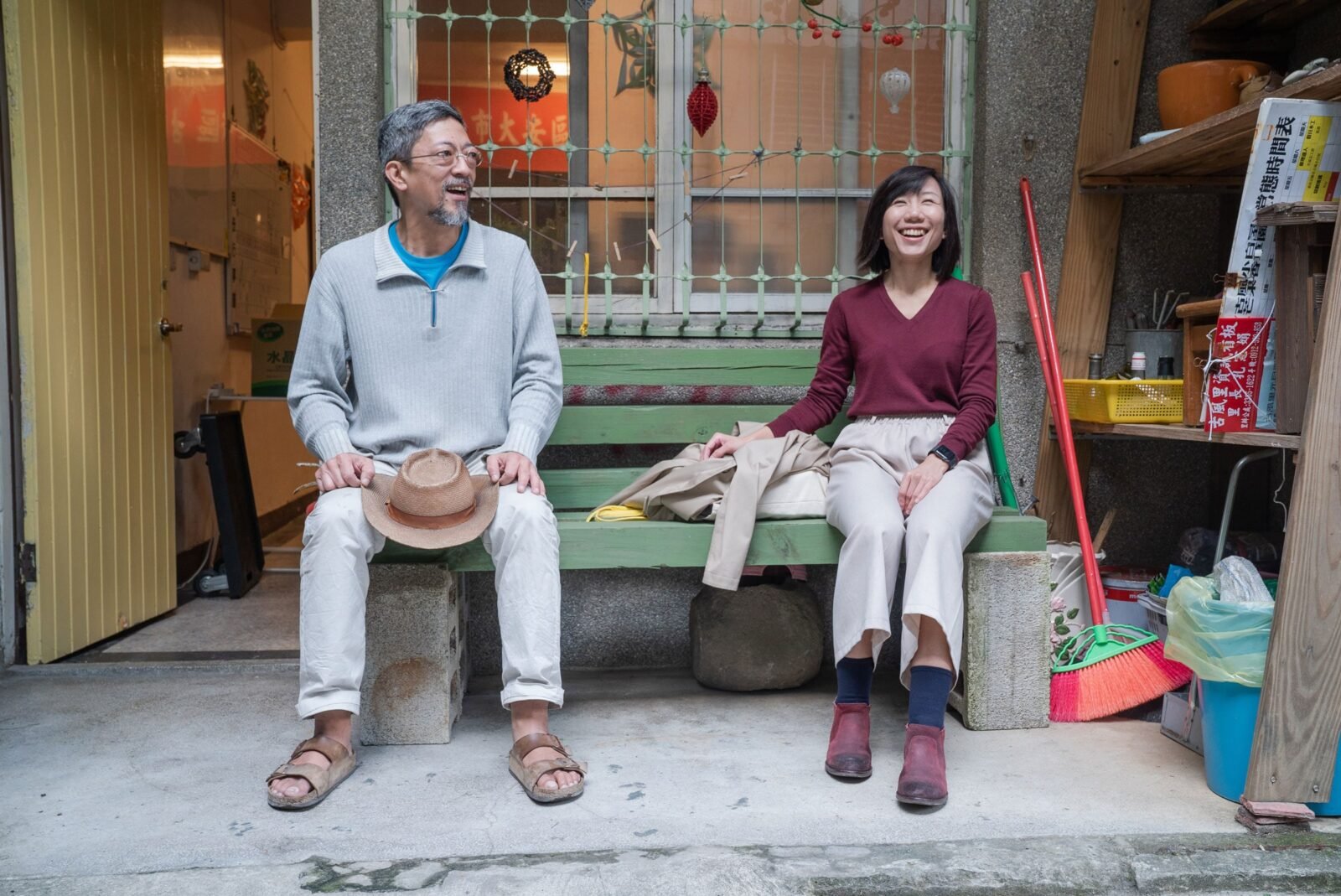
Little White House didn’t always look like what it does today. In 2013, the magistrate of the neighbourhood decided to repurpose a former vacant coroner into a community hub. This is when Mr. Yu (also known as “big brother Yu”) and his wife Fanghuei started to create a series of gentle revolutions in Taipei city.
An Open Community Hub With Accessible Resources
Since 2013, Little White House has opened its doors every Saturday morning to anyone who has something to repair, whether its a hairdryer, a ventilator, a microwave oven, a chair or even a bicycle. In Little White House, any disposable household object finds an alternative purpose. Frequented by gentlemen who have mastered the art of fixing, along with young DIY lovers, visitors find a variety of materials, a bunch of tools, and machines.

In a sense, Little White House is an alternative version of a makerspace. Knowledge, tools, and a variety of resources are open and accessible to the community, particularly for senior citizens who are typically not the target audience for makerspaces. Most of the objects found in this space were donated by someone. Some of the objects are brought because they are no longer being used — possibly due to partial damage or its outdated design. Mr. Yu repairs such objects by making them more user friendly. For example, he gave an old wood cutter machine a plastic protection and a ruler for measurement. Even Mr. Yu, a grandpa who retired from being a teacher, can repurpose an object using his own two hands in just a few hours. Regardless of their age or background, at Little White House, anyone can enjoy creating.

Running this space requires consistent effort, it can’t be a one-man job. I think it’s worth mentioning that Little White House is run 99% by volunteers and co-organizers. But Mr. Yu doesn’t exactly define who’s a volunteer and who isn’t. According to him, people come and go in different periods, for different reasons and in different frequencies. If you ask him, like I always do, how this space has run and accomplished all of these things throughout the years, he will just shrug and tell you, “There is no manager here.” He implies that everything is managed and orchestrated by volunteers. If you’re like me, this response sparks even more curiosity and brings us to the next question: “So how do you define your role here? This place must have someone to lead the community, or at least a founder, right?” I have known Mr. Yu for more than 7 years and everytime I ask him, his response is the same: “I’m just like a janitor or a caretaker. I clean up the place and keep the door open. That’s it.”
Sharing, Community, and Circularity
Sharing is definitely the core value of this place. When you enter the space, you truly understand what it means to take responsibility for taking care of something and making good use of it. For example, this space has an open tool library. A bunch of tools are displayed on the walls and all of them are available for anyone to use and borrow. To borrow a tool, you need to join a LINE group chat, take a picture of the tool, upload it, and ask. When you return the tool, you take another photo and upload it. One time, I asked Mr. Yu, “What if the items never come back?” Without hesitation, Mr. Yu answered, “The items always come back. Some sooner, some later, but they always come back.” When I ask him why he is so certain about things being returned, he adds, “When people are easy, these things are easy too.” In this space, the responsibility for taking care of your objects relies on sharing and trust. At that moment, I was convinced. I fell in love with this place.

I confess that in the 7 years I’ve visited Little White House, I’ve never repaired anything myself. But I always feel comfortable going back again and again in search of this small piece of calm in my mind. Sometimes I visit Little White House to bring new friends, other times I visit simply when I’m looking for a cup of tea and casual talk. It’s somewhere you will meet simple people and somewhere where you enjoy simple joys in everyday life. ‘Simple’ doesn’t necessarily mean that the people who come here have an easy life. It means that they take a moment to create cheerful moments. This spirit of sharing offers a sense of community where we gather to exchange thoughts and feelings, something that is rarely experienced nowadays in this densely populated city. Through fixing and repairing things, we are also fixing our isolated relationships with one another. Little White House reminds us that when we need something or have something extra, we have a place to go or to give.
“The transition to a circular economy is not an exception from other developments — it depends on humanity and society”
Today, the real challenge of transitioning to a circular economy lies in transitioning people’s mindset. The shift of people’s mindsets happens not only with knowledge, but also with experimentation and experience. Little White House’s growth represents the fact that citizens in Taipei are looking to redesign the relationship between themselves and their things. Mr. Yu and Fanghuei are now working with the Taipei City government on the Open Green platform to spread this idea to other neighbourhoods in Taipei. I look forward to finding more pockets of calm emerge and to seeing how circularity will accelerate from daily practices in the city.
